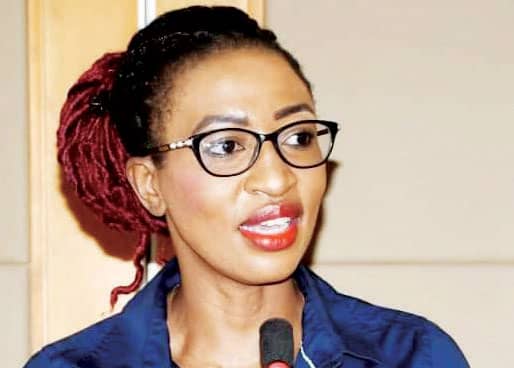By Burnett Munthali
In a shocking case that has gripped Lusaka, Sylvia Mutoba Kalaba, a self-proclaimed prophetess, has denied accusations of murdering her husband, George Kalaba, whose skeletal remains were discovered in their matrimonial bedroom. Sylvia claims her husband, who reportedly suffered from asthma, died of natural causes two years ago.
Speaking to authorities, Sylvia admitted that she kept her husband’s skeleton based on advice from a Tanzanian ritualist. According to her, the ritualist assured her that keeping the remains would enable her to perform miraculous acts and attract wealth.
The grim discovery came to light following an anonymous tip to the police. When officers arrived at Sylvia’s home, they found George’s skeleton carefully preserved in their shared bedroom.
Sylvia confessed that the decision to keep her husband’s remains was not out of malice but as part of a spiritual practice meant to enhance her abilities as a prophetess. “I was advised by a ritualist in Tanzania to do this in order to perform countless miracles and make money. Through this, I have helped a lot of people who have been flocking to my house of prayer for financial breakthroughs and other miracles,” she reportedly told the police.
The revelations have left the community in shock. Neighbors expressed disbelief at the idea that a prophetess, someone trusted by her followers, could be involved in such bizarre practices. Many have called for stricter regulation of self-proclaimed prophets who exploit vulnerable individuals in the name of religion.
One resident, who spoke on condition of anonymity, described the situation as “deeply disturbing.” “We trusted her as a spiritual leader, only to find out that she had been living with her dead husband’s remains for years. This is beyond comprehension,” they said.
Sylvia and her children remain in police custody as investigations continue. Authorities are now examining whether George’s death was indeed natural or if foul play was involved. Forensic experts have been called in to conduct an autopsy on the skeletal remains to determine the exact cause of death.
The case has raised questions about the ethical implications of rituals in modern-day religious practices. While Sylvia claims her actions were driven by a desire to help others, the legal system will need to determine whether her actions constitute a crime.
This case sheds light on the darker side of religious exploitation in Zambia and other parts of Africa. The lure of wealth and power has driven some individuals to engage in controversial and, at times, criminal practices. The involvement of foreign ritualists, such as the one Sylvia consulted in Tanzania, has added another layer of complexity to the issue.
Police have promised a thorough investigation to uncover the truth behind George Kalaba’s death and the practices in Sylvia’s ministry. Meanwhile, the community is left grappling with the moral and spiritual implications of the case.
For now, Sylvia Kalaba faces potential charges of concealing a death and violating burial laws, among others. The case continues to unfold, with the public eagerly awaiting answers to the many troubling questions surrounding this macabre discovery.
This story highlights the need for greater awareness and scrutiny of questionable religious practices, particularly those involving vulnerable followers. It also serves as a stark reminder of how easily faith can be manipulated for personal gain, often at the expense of human dignity and the law.




